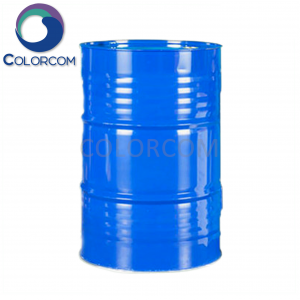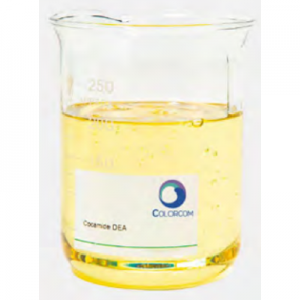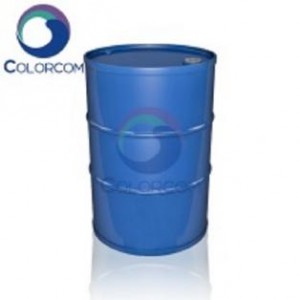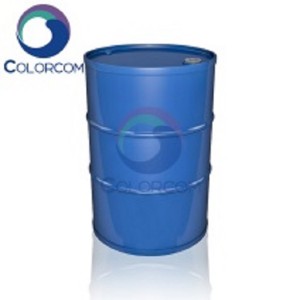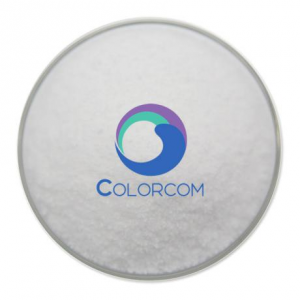Dibutyl phthalate | 84-74-2
Product Physical Data:
| Product Name |
Dibutyl phthalate |
| Properties |
Colorless transparent oily liquid, slightly aromatic odor |
| Boiling Point(°C) |
337 |
| Melting Point(°C) |
-35 |
| Vapour density(air) |
9.6 |
| Flash point (°C) |
177.4 |
| Solubility | Soluble in ethanol, ether, acetone and benzene. |
Product Description:
Dibutyl phthalate (DBP) is the most commonly used plasticiser for PVC, which can make the products have good softness but poor durability. Stability, flex resistance, adhesion and water resistance are better than other plasticisers. Dibutyl phthalate is commonly used as an additive in adhesives and printing inks. It is soluble in a variety of organic solvents, such as alcohol, ether and benzene.DBP is also used as an ectoparasiticide.
Dibutyl phthalate (DBP) is an excellent plasticiser, is the largest production and use of plasticisers in a class, is a general-purpose. It has good solubility for many kinds of resins and is used as the main plasticiser with light colour, low toxicity, good electrical properties, low volatility, low odour and low temperature resistance.
Product Application:
1.This product is plasticiser, non-toxic.
2.It is mainly used as PVC plasticiser, which can make the products have good flexibility. Because of its relative cheapness and good processability, it is widely used in China, almost equal to DOP. However, its volatility and water extractability are large, thus the durability of the products is poor, and its use should be gradually restricted.
3.This product is an excellent plasticiser for nitrocellulose, with strong gelation ability. Used in nitrocellulose coating, it has excellent softening effect, stability and adhesion. It can also be used as polyvinyl acetate, alkyd resin, ethyl cellulose, natural and synthetic rubber, as well as organic glass and plasticiser.



